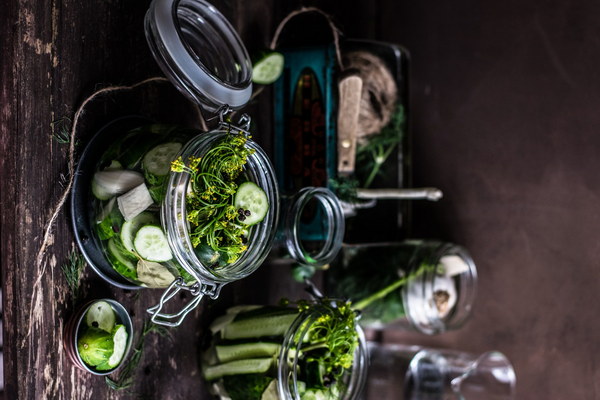The Dangers of Lung Cleansing What You Need to Know
Lung cleansing, a trendy health practice, has gained popularity in recent years. Many people believe that detoxifying the lungs can help improve overall health and respiratory function. However, there are potential dangers associated with lung cleansing that should not be overlooked. This article aims to explore the risks involved in lung cleansing and provide you with the information needed to make an informed decision.
1. Lung damage
One of the primary concerns with lung cleansing is the potential for lung damage. Many lung cleansing methods involve inhaling steam or using essential oils, which can cause irritation and inflammation in the lungs. In severe cases, this can lead to respiratory infections, bronchitis, or exacerbation of existing lung conditions such as asthma or COPD.
2. Overuse of essential oils
Lung cleansing often involves the use of essential oils, which are believed to have detoxifying properties. However, overuse of essential oils can lead to toxicity in the body. Essential oils are highly concentrated and can cause adverse reactions when inhaled in high concentrations. Symptoms of essential oil toxicity may include respiratory distress, headaches, dizziness, and even organ damage.
3. Lack of scientific evidence

Many lung cleansing methods lack scientific evidence to support their effectiveness. While some studies suggest that steam inhalation can help alleviate symptoms of respiratory conditions, there is no conclusive evidence that lung cleansing can improve overall lung health or prevent diseases. Relying solely on unproven methods can lead to wasted time and resources, and may even delay proper medical treatment.
4. Risk of infection
Lung cleansing methods that involve inhaling steam or using essential oils may increase the risk of infection. Inhaling steam can create a humid environment that is conducive to the growth of bacteria and viruses, which can lead to lung infections. Additionally, using essential oils that are not properly diluted or sourced can introduce harmful pathogens into the lungs.
5. Disruption of the respiratory system
Some lung cleansing techniques, such as coughing up mucus, may seem beneficial at first glance. However, forcefully coughing up mucus can disrupt the natural balance of the respiratory system. This can lead to further irritation, inflammation, and potentially worsen existing respiratory conditions.
6. Psychological effects
In some cases, lung cleansing can have psychological effects. Individuals who believe that lung cleansing will improve their health may experience a sense of relief and well-being, even if the practice itself is ineffective. This psychological benefit can lead to a false sense of security and may prevent individuals from seeking proper medical treatment for their respiratory conditions.
In conclusion, while lung cleansing may seem like a natural and safe way to improve lung health, there are potential dangers associated with this practice. Before attempting lung cleansing, it is essential to consider the risks and consult with a healthcare professional. If you are experiencing respiratory symptoms or have a pre-existing lung condition, it is best to avoid lung cleansing methods and seek medical advice instead. Remember, the health of your lungs is a delicate balance that should be maintained through a combination of proper nutrition, exercise, and medical treatment, rather than unproven detoxification methods.









